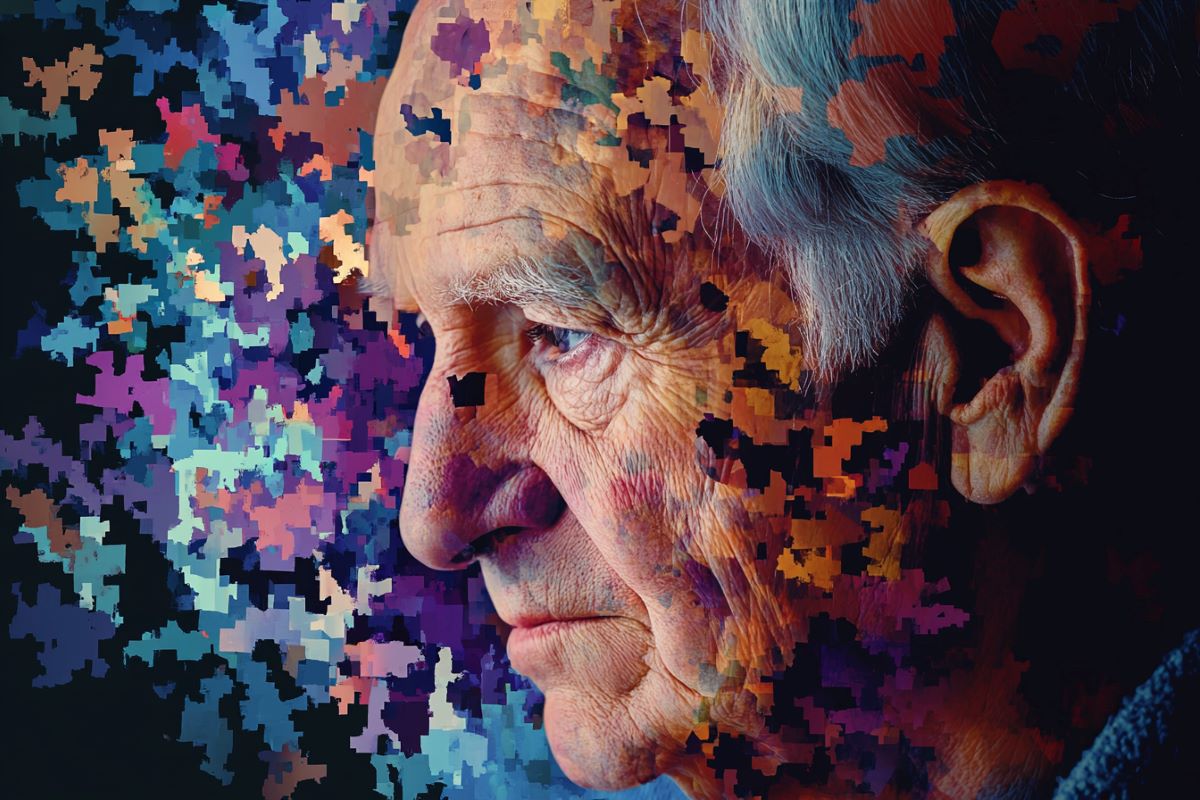Brain Scans Reveal Empathy Deficit in Frontotemporal Dementia Patients
A new study illuminates the neurological basis for the reduced empathy often seen in individuals with frontotemporal dementia (FTD), a condition affecting approximately 3% of dementia patients in Sweden. Researchers at Karolinska Institute and Lund University utilized functional MRI (fMRI) scans to observe brain activity while showing patients distressing images, such as hands being pierced by needles.
"What is particularly interesting is that we have been able to relate this measure of brain activity in patients to how carers rate their lack of empathy. There turned out to be a strong correlation, and that’s important. It shows that what happens in the brain is connected to the people’s behavior,” explained Olof Lindberg, leader of the study.
The research revealed a striking difference between FTD patients and healthy individuals. When viewing the disturbing images, healthy subjects exhibited activation in brain regions associated with empathy, but FTD patients demonstrated no such activity. This lack of brain response strongly correlated with caretaker assessments of reduced empathy in the patients.
This finding sheds vital light on the nature of FTD and could lead to improved diagnosis and management of the condition. Lead researcher Olof Lindberg highlights the significance:suppliers. "This captures a key symptom in patients, and with a lack of empathy, it naturally becomes more difficult to act socially. So, it can affect the judgement of whether to be cared for at home, for example.”
The study’s discovery resonates with the broader challenge of distinguishing FTD from other psychiatric conditions with similar symptoms, such as psychopathy.
Dementia typically manifests primarily through memory problems, but FTD’s hallmark symptom of empathy loss can overlap with these other disorders. This research may offer valuable insight into recognizing and differentiating between these conditions, aiding in more accurate diagnoses and treatments.
About 25,000 Swedes are affected by dementia every year. Of these, about three percent are diagnosed with frontotemporal dementia.
The study was a collaborative effort involving Skåne University Hospital, Norrland University Hospital, and Karolinska University Hospital Huddinge.
Original Research:
"Altered empathy processing in frontotemporal dementia" by Olof Lindberg et al. JAMA Network Open
